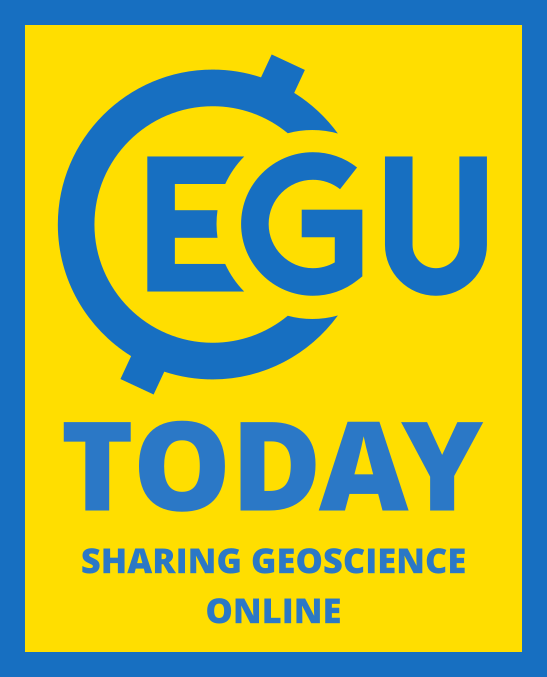
Highlights at a glance
- 08:30 – GM7.1 Cold regions geomorphology; ITS5.4/CL3.4 Economics and econometrics of climate change; ITS4.1/NP4.2 Big data and machine learning in geosciences
- 10:45 – US2 Geosciences and UN Sustainable Development Goals: pathways for the future; ITS1.12/BG1.20 Solutions for sustainable agri-food systems under climate change and globalisation
- 14:00 – TS14.1 Celebrating the 100th birth anniversary of Marie Tharp: Seafloor mapping and ocean plate tectonics; ST1.3 Exploring the near-Sun environment – Results from the first orbits of Parker Solar Probe and preparation for Solar Orbiter; EOS4.4 Science to Action: Communication of Science – Practice, Research and Reflection
- 16:15 – GDB5 Values versus facts: should geoscience get personal?; NP4.1 Complex geoscientific time series: linear, nonlinear, and computer science perspectives; ERE2.2 Spatial and temporal modelling of renewable energy systems
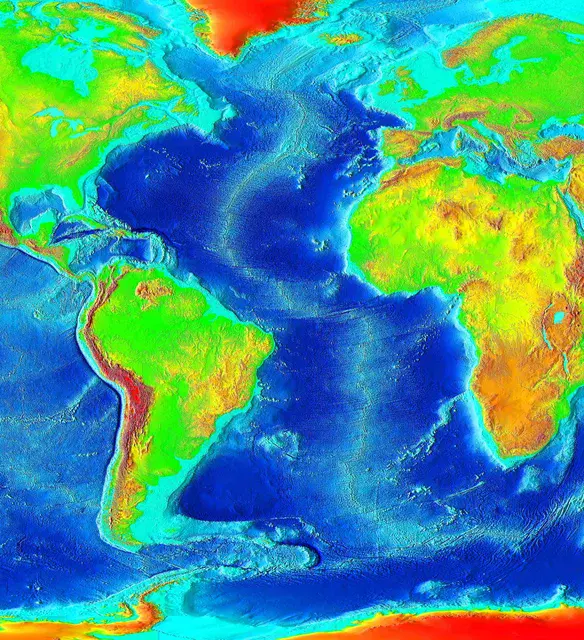
Celebrating the 100th birth anniversary of Marie Tharp: Seafloor mapping and ocean plate tectonics
The seafloor mapping and visualisation pioneered by Marie Tharp played a key role in the acceptance of the plate tectonic theory. Her physiographic maps, published with B. Heezen, covered the Earth’s oceans and revealed with astonishing accuracy the submarine landscape. She exposed the topography of the seafloor, and her work directly contributed to the recognition of the role of mid-ocean ridges in plate tectonics and oceanic accretion. To honour Tharp’s profound and lasting contributions, this session will address plate tectonics in the oceans based primarily on information from seafloor mapping using a variety of techniques and at regional to global scales, like Tharp’s groundbreaking work.
TS14.1 Text chats 14:00–15:45
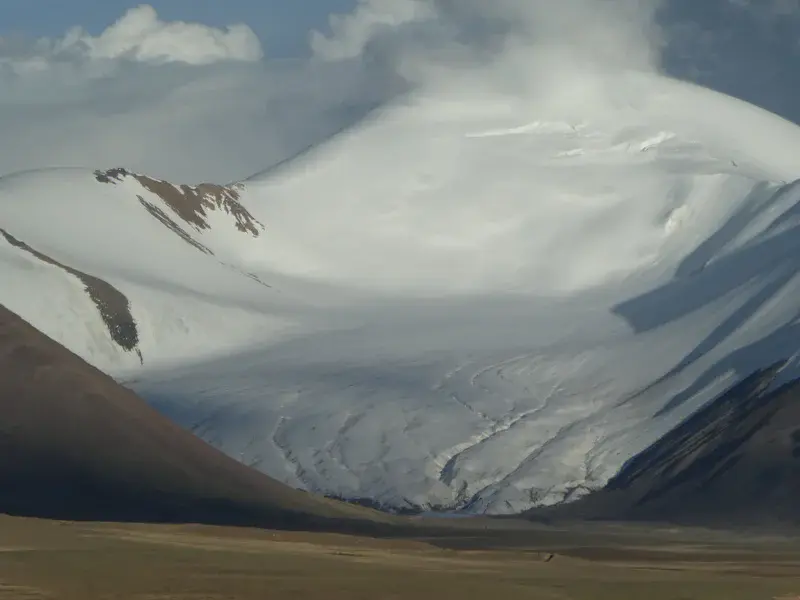
Cold regions geomorphology
Present-day glacial and periglacial processes in cold regions, e.g., arctic and alpine environments, provide modern analogues to processes and climatic changes that took place during the Pleistocene, including gradual retreat or collapse of ice sheets and mountain glaciers, and thawing and shrinking of low-land permafrost. Current changes in mid-latitude mountain ranges could also serve as a proxy for future changes in high-latitude regions within a context of climate change. This session will include investigations of present-day glacial and/or periglacial landforms, sediments and processes to describe the current state, to reconstruct past environmental conditions and to predict future scenarios in cold regions, as well as presentations that enhance our understanding of past glacial, periglacial and paraglacial processes.
GM7.1 Text chats 08:30–10:15
Values versus facts: should geoscience get personal?
The way in which people receive and share information has changed rapidly since the introduction of the internet and social media. This has, in some cases, assisted the rise of fake news and misinformation that is challenging the scientific community, policymaking and democracy as we know it. Scientists are trained to undertake impartial research built on a strong, theoretical foundation and communicate the results without emotion; injecting a storyline or opinion into research communication is often considered to threaten an individual’s scientific integrity and the reputation of the scientific community as a whole. But with the prevalence of fake news, populism and misinformation increasing, do we as scientists need to re-think the way we communicate our science? This Great Debate will debate how researchers can communicate their research with people who reject traditional science narratives; when scientists should tap into their audiences’ emotions; and whether the apparent choice between “fact” and “feeling” is a false dilemma.
GDB5 LIVE 16:15–17:15
Big data and machine learning in geosciences
This session aims to bring together researchers working with big data sets generated from monitoring networks, extensive observational campaigns and detailed modeling efforts across various geoscience fields. Topics of this session will include the identification and handling of specific problems arising from the need to analyze such large-scale data sets, together with methodological approaches towards semi or fully automated inference of relevant patterns in time and space aided by computer science-inspired techniques.
ITS4.1/NP4.2 Text chats 08:30–12:30 and 14:00–15:45
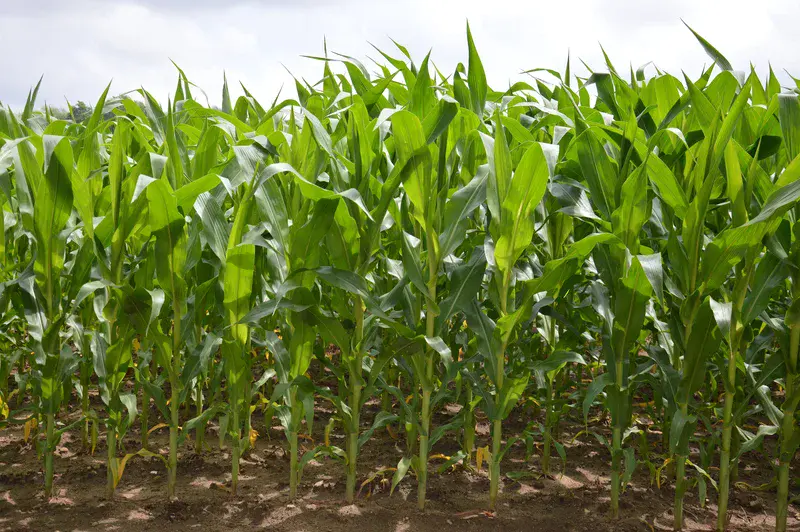
Solutions for sustainable agri-food systems under climate change and globalisation
A grand challenge facing society in the coming decades is to feed the growing human population in a sustainable and healthy manner. This problem is made more complex by an increasingly globalised food system and its interactions with a changing climate. Agri-food system actors – including policy makers, corporations, farmers, and consumers – must meet this challenge while considering potentially conflicting priorities, such as environmental sustainability, economic viability, nutritional balance and quality, and resilience to climate change. The session will include studies providing improved methods for quantifying multiple environmental, economic or social dimensions; studies that incorporate the role of food trade into solution-development; and studies that seek to achieve multiple sustainability goals together.
ITS1.12/BG1.20 Text chats 10:45–12:30
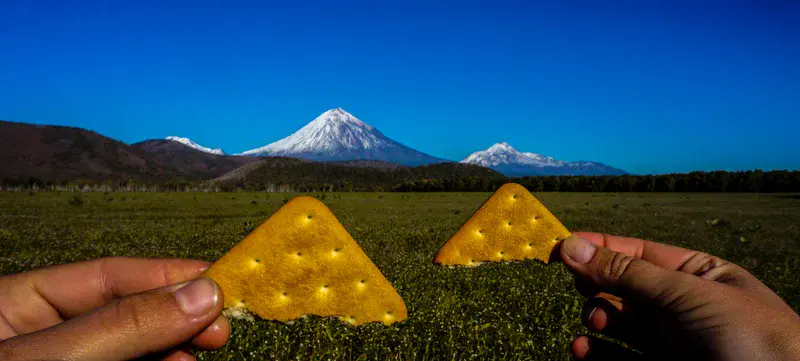
Science to action: communication of science – practice, research and reflection
Do you consider yourself a science communicator or science communication researcher? Does your research group or institution participate in public engagement activities? Have you ever evaluated, studied, or published your education, outreach or engagement efforts? Scientists and communication practitioners engage non-peer audiences through numerous pathways, including websites, blogs, public lectures, media interviews, and educational and research collaborations. A considerable amount of time and money is invested in these activities, and they play an important role in how different publics come to understand scientific topics, issues, and the research process. However, few opportunities and incentives exist to optimise science communication practices and to evaluate the effectiveness of different engagement approaches. This session, run at both AGU and EGU, encourages critical reflection on science communication best practices and provides an opportunity for the community of science communicators and researchers to share best practices and experiences with evaluation and research in this field.
EOS4.4 Text chats 14:00–15:45
Short courses, networking and early career scientist events
- Short Course 2.2 Handling your data efficiently from planning to reuse – tips and tools to save time and nerves – Published 12:30, YouTube comment Q&A 12:30-14:15
- Networking: GMPV and TS – The GMPV and TS Early Career Scientists are hosting an online networking event – LIVE 19:00–19:45
- Networking: OS and SSP – The OS and SSP Early Career Scientists are hosting an online networking event – LIVE 19:00–19:45
- Networking: SSS – The Early Career Scientists of the SSS divisions are hosting an online networking event – LIVE 19:00–19:45
Spatial and temporal modelling of renewable energy systems
This session will address spatial and temporal modelling of renewable energy systems, both in a prospective as well as a retrospective manner. The objective is to provide insights into recent advances in the field of renewable energy system models, including recent research dedicated to climatic and technical issues, policymaking, forecasting and real- time applications concerning renewable energy systems. Presentations will range from purely climate-based assessments of simulated renewable generation time series to full energy system models.
ERE2.2 Text chats 16:15–18:00
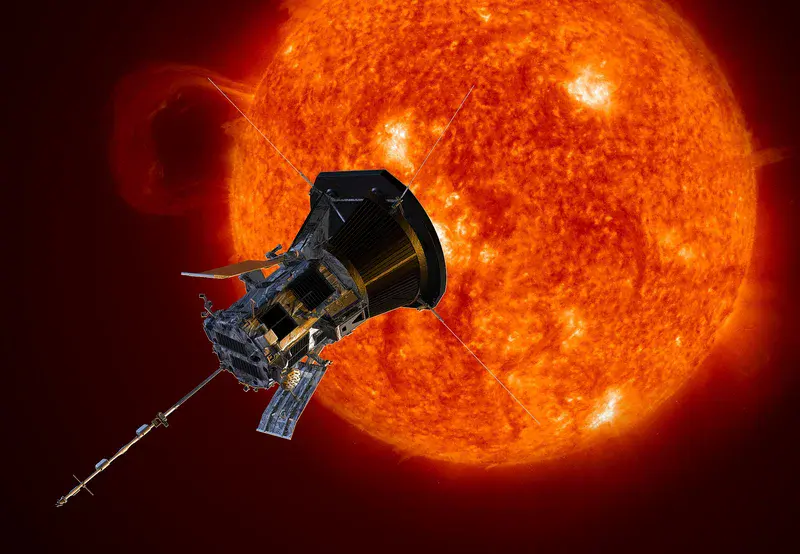
Exploring the near-Sun environment – Results from the first orbits of Parker Solar Probe and preparation for Solar Orbiter
The Sun’s corona is the birthplace of the solar wind, coronal mass ejections, associated shock waves and solar energetic particles, which all are fundamental drivers of space weather. The key physical processes at the origin of these phenomena have not been clarified to date. Now that the Parker Solar Probe (PSP) has completed its fourth orbits around the Sun, it is providing a treasure trove of data that have revealed phenomena never seen before. Solar Orbiter (SO) is scheduled to launch in February 2020; combining its observations with data from PSP and other missions, ground-based observations and theoretical models will be a challenging and exciting task. This session will cover contributions addressing the exploration of our near-Sun environment, with special focus on the new observations from PSP and the latest status of the SO mission.
ST1.3 Text chats 14:00–15:45
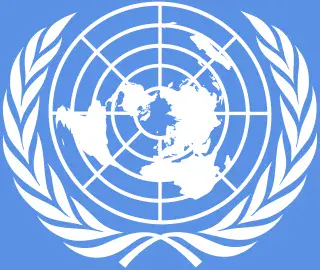
Geosciences and U.N. Sustainable Development Goals: pathways for the future
At the heart of the United Nations’ 2030 Agenda for Sustainable Development are 17 Sustainable Development Goals (SDGs), which comprise a universal call to action to end poverty, protect the planet and ensure that all people enjoy peace and prosperity. The SDGs build on the successes of the Millennium Development Goals, and among other priorities include several new areas such as climate change, economic inequality, innovation, sustainable consumption, peace and justice. A key part of the success of the 2030 Agenda is measured by progress in implementing Disaster Risk Reduction (DRR) strategies. The aim of this symposium is to highlight the role of the geosciences in supporting the 2030 Agenda and beyond. Presentations will share insights, tools and demonstrations to steer societies towards the shared metrics of the 2030 Agenda and the Sendai Framework as well as lessons learned from interdisciplinary studies facilitating (or limiting) policy coherence and contributing to integrated approaches to adaptation, sustainable development and DRR.
US2 LIVE 10:45–12:30
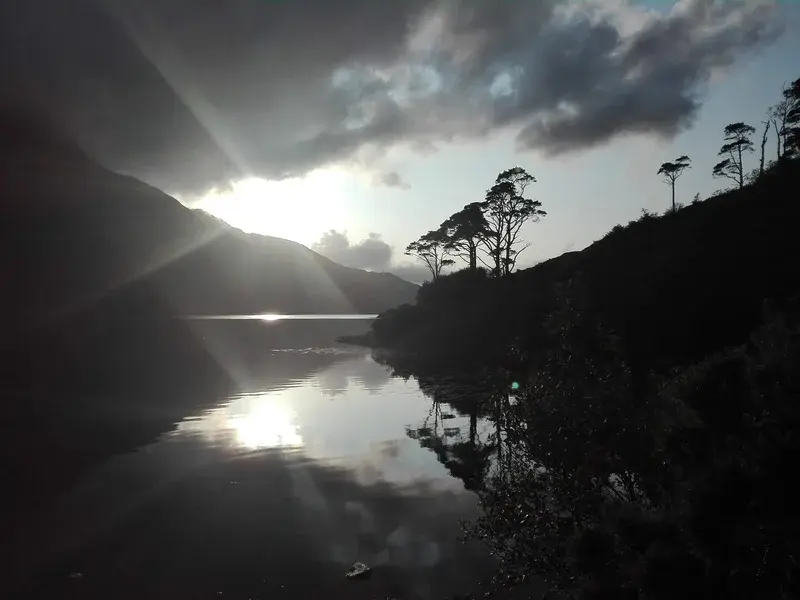
EGU Photo Competition
We received hundreds of entries for this year’s competition! You can find the finalists and vote for the winners by Thursday evening online. Winners will be announced on Friday on the EGU blog, geolog.egu.eu and in EGU Today.
EGU would like your feedback!
We are very curious about your experiences during Sharing Geoscience Online: what has worked well, what could be better, what you missed, and what EGU should consider keeping for future meetings. Please take a few minutes to fill out this survey.
Economics and econometrics of climate change: evaluating the drivers, impacts, and policies of climate change
Understanding the impact of climate change on natural and socio-economic outcomes plays an important role in informing a range of national and international policies, including energy, agriculture and health. Economic models of climate impacts used to guide policy rely on multiple components: projections of future climate change, damage functions, and policy responses, each of which comes with its own modelling challenges and uncertainties. This session will cover research using process-based (e.g. Integrated Assessment Models) and empirical models of climate change to investigate future impacts, together with policy evaluation to explore effective mitigation, technology and adaptation pathways.
ITS5.4/CL3.4 Text chats 08:30–10:15
About
EGU Today, the Union’s daily newsletter during Sharing Geoscience Online, helps keep you informed about what’s happening by highlighting sessions and events of broad interest from the programme. The newsletter, including previous issues, is available at https://www.egu.eu/egutoday/.
The Assembly Online
LinkedIn
Instagram
YouTube
Facebook
Mastodon
Bluesky
blogs.egu.eu, geolog.egu.eu
www.egu.eu